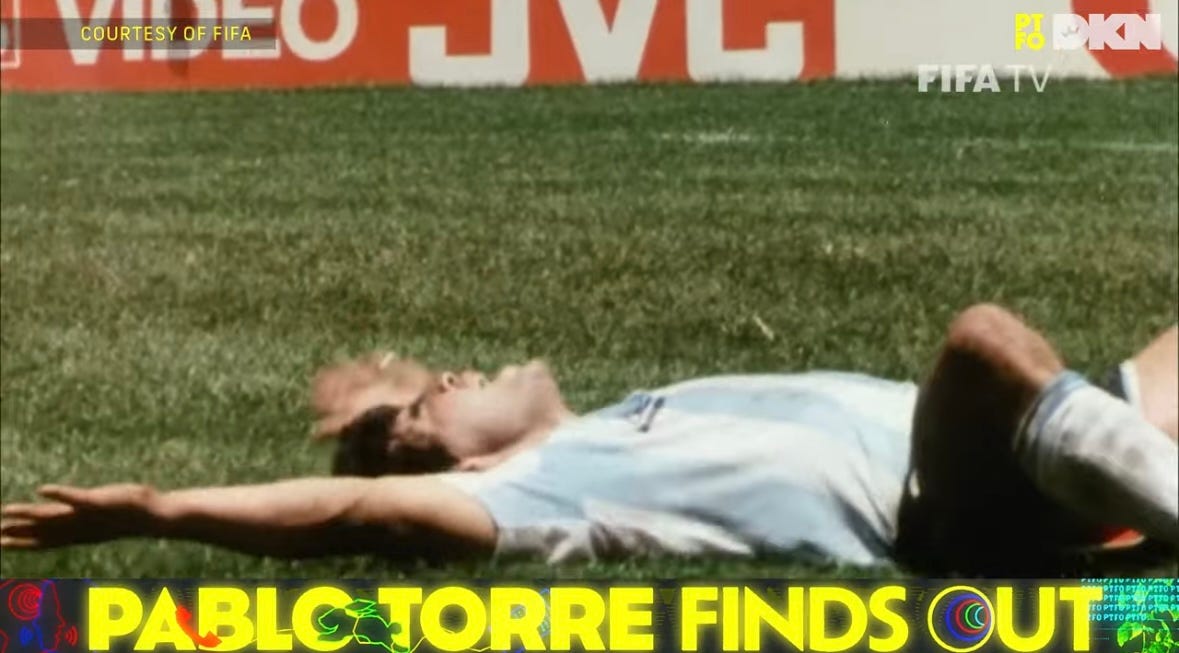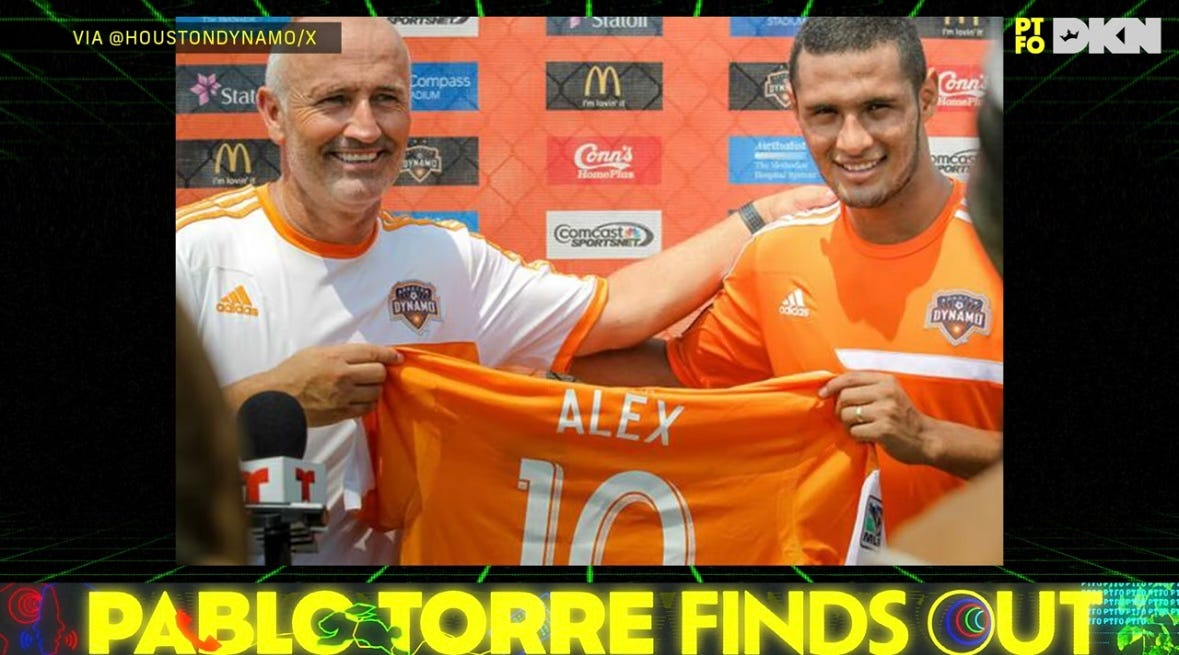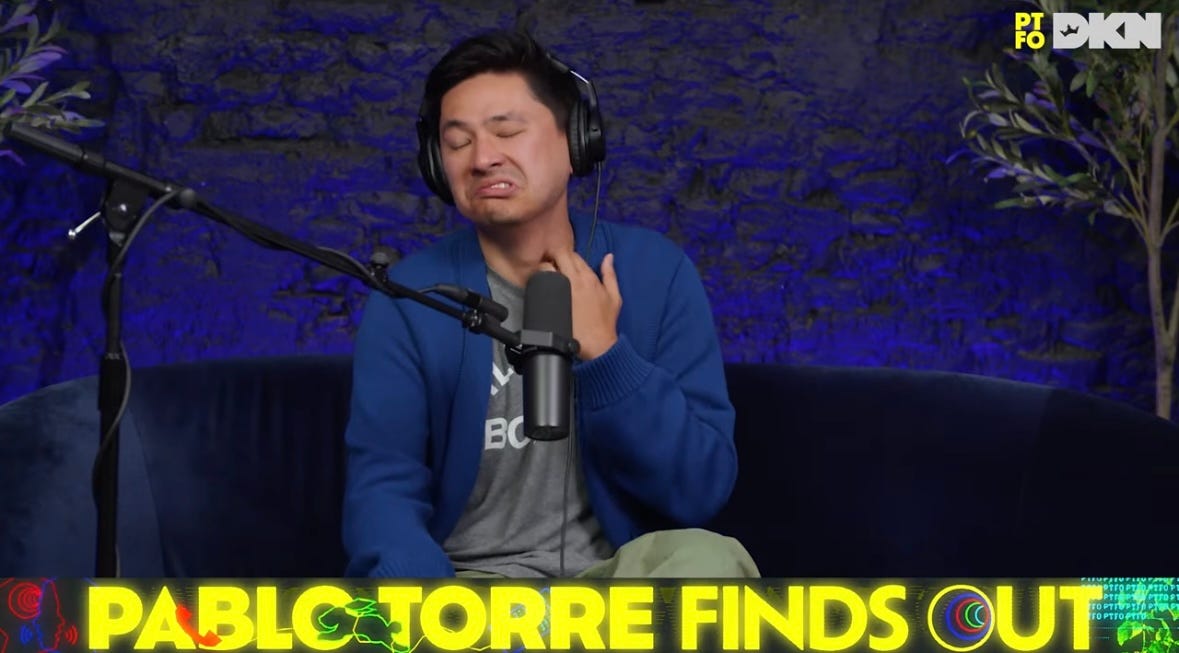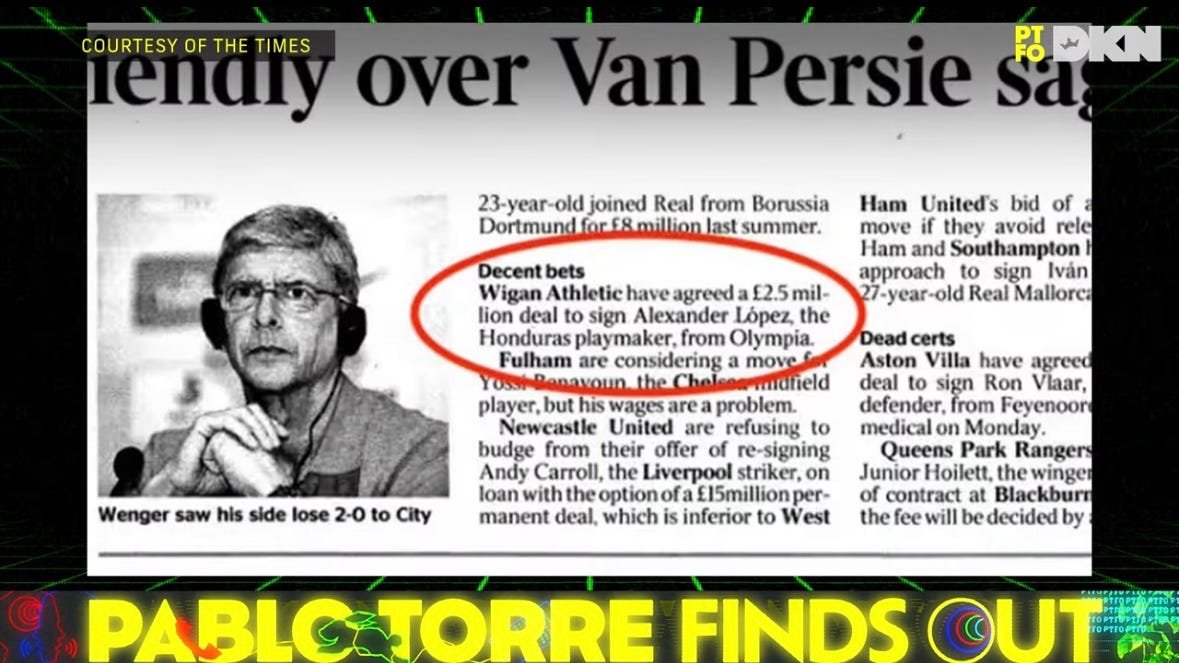How To Invent a Fake Superstar
EPISODE 42: The legend of the Honduran Maradona.
Importing a sports superstar is not the same as it was when I was growing up in the 1990s and early 2000s. Back then, an athlete who came from anywhere-not-America was generally assumed to be lesser. Because USA.
I still remember the promise of the Greek Shaquille O’Neal, Sofiklis Shortsanitis. Baby Shaq was drafted 34th overall, by the Clippers, and never played a game.
But now we live in the era of the Japanese Babe Ruth (Shohei Ohtani, who just agreed to the biggest contract — ~$700 million from the Dodgers — in North American history last week). And the Japanese Pedro Martinez (free agent pitcher Yoshinobu Yamamoto, who’s about to get showered with U.S. currency as we speak). And the Korean Vladimir Guerrero (bat-flipping Giants outfielder Jung-hoo Lee, who just signed for $113 million to leave the KBO League).
The modern NBA, meanwhile, is ruled by the international player. I’ve lately been marveling at the Turkish Jokić (Alperen Şengün, who’s playing like an all-star big man for the Houston Rockets). And on and on and on.
All of which brings me to the legend of the Honduran Maradona (midfielder Alexander López, who went from the Honduran national soccer team to a million-dollar contract with Major League Soccer’s Houston Dynamo, in 2013).
And the kid, Kieran Morris, who invented it.
You’ll hear from both of them on today’s show.
DKN/YOUTUBE SPOILER ALERT:
Thanks for watching,
The American Pablo Torre
P.S. As mentioned at the end of today’s show: go check out Sports Explains the World, from Meadowlark Media, for more deeply reported narratives from across the globe.
P.P.S. On tomorrow’s show: the return of a person who does way better accents than Cortes, Kieran, and myself…








I really admire the naive, almost innocent, nature of youthfully using disinformation simply to get a chuckle. Before there was this Orwellian Deep Fake we’re living in now, The Onion made us question authenticity unlike how National Lampoon’s Cheeseface could ever hope to achieve. Which brings me to the crux of this episode. Regardless whether Kieran feels true contrition or Alexander had already adopted a c’est la vie attitude towards his career, it’s hard to deny that something seems inauthentic about their futures. Like Dostoevsky’s Double and Kafka’s Mr. K, each must now and forever wonder which existence is of self substance and which is created by others. And ultimately question the validity of both.
A